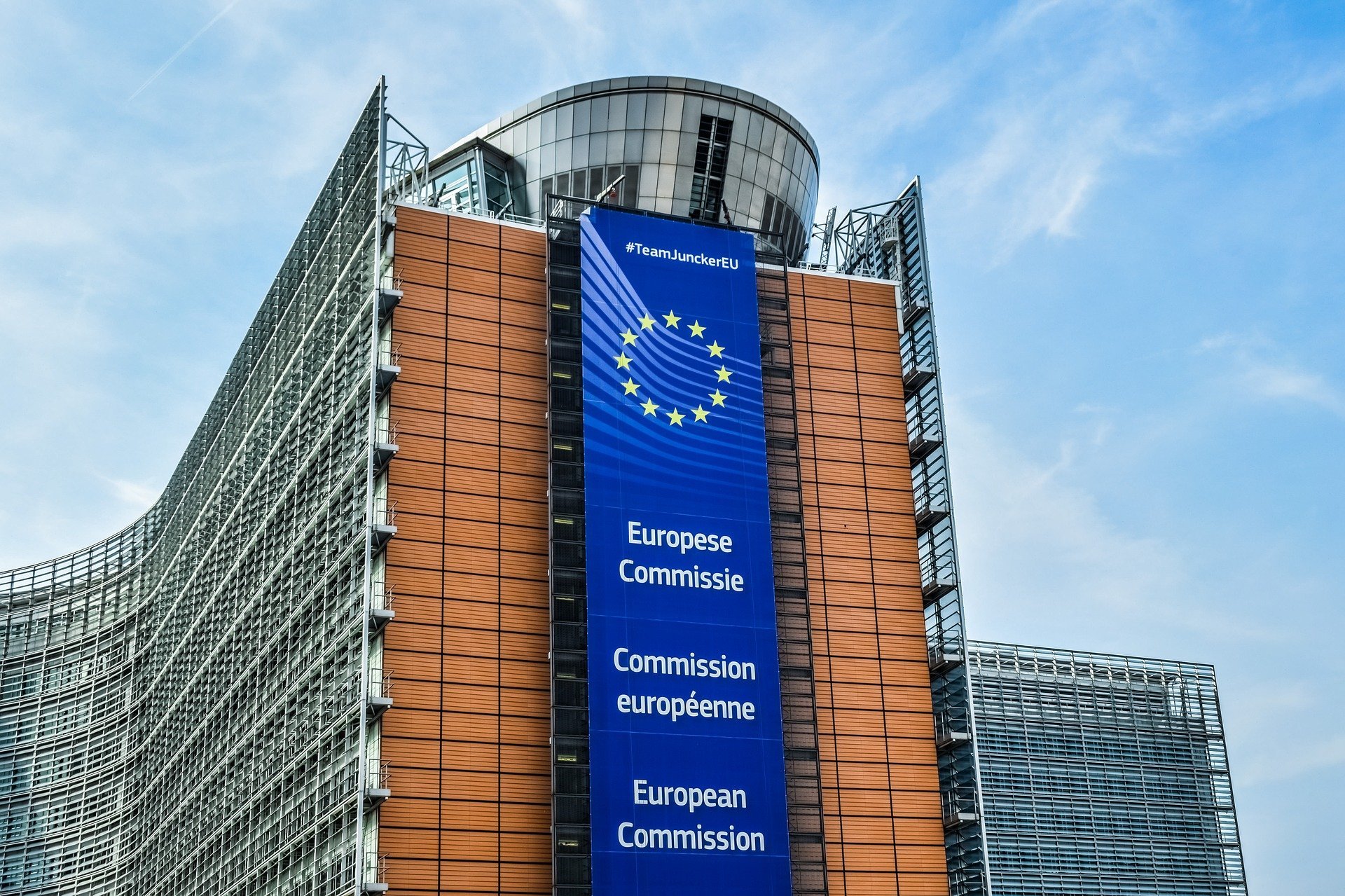The European Commissioner for Justice, Didier Reynders, has said: "The Catalan question is an internal matter for Spain, but of course we are monitoring various proceedings, such as the discussions over the Court of Accounts." Brussels has confirmed that it is "following" the public auditor tribunal's case against Catalan government spending on foreign relations prior to the 2017 independence referendum, and it is waiting to "see what the final decision will be".
The issue came up this Tuesday in the framework of the annual report of the European Commission (EC) on the rule of law in Spain. However, Brussels considers that the conflict in Catalonia is not a "rule of law" problem and has therefore not included it in its annual report on Spain.
Deadline for massive payments
The deadline for depositing the sum of 5.4 million euros that public spending auditor body the Court of Accounts has demanded from 34 former senior officials of the Catalan governments of Artur Mas and Carles Puigdemont ends at midnight on Wednesday. As requests to extend the payment period for the huge sum have been denied by the auditing tribunal, it appears that none of those affected will be able to benefit from the risk fund that the Catalan government created two weeks ago to cover them.
The issue with the fund is that so far the Catalan government has not found a bank willing to take on the operation of the risk fund and the Catalan economy minister, Jaume Giró, has said he does not want to expose any professional in the Catalan Institute of Finance, the body in charge of the fund, "to be part of an operation that, if we take into account the precedents, would cause distress, worry and fear to both them and their families." However, he assured that "the government will continue to do everything in its power."
For now, however, those prosecuted by the Court of Accounts will have to look for alternatives to gather together sufficient funds to respond to the multi-million euro bond demand that the Spanish body has imposed on them. For its part, the pro-independence Solidarity Fund has been able to raise one million euros, a considerable figure, but only a fraction of the amount that the auditing tribunal demands. Political parties have also asked their members to make exceptional contributions to prevent the defendants from having their assets seized by the Spanish body.
In the event that the Catalan Government manages to find a guarantor bank very shortly, those who have previously deposited funds could have their contributions replaced, although the Court of Accounts itself would have to accept this operation.
Civil death
Several of those prosecuted by the Court of Auditors have denounced that the body - not a full court of law - seeks the civil death of former senior officials of the Catalan government who worked on the foreign policy of two Catalan governments leading up to the 2017 referendum. MEP and Catalan president in exile Carles Puigdemont remarked on Monday that the Court of Accounts is carrying out "an operation" to seek the "civil death" of pro-independence leaders "by land, sea and air". He described the institution as a "dandruffy Francoist cavern".
The sums determined by the controversial Spanish tribunal have not been subject to due process by a court. Individual amounts demanded, of over 3 million euros in the case of some of the defendants, will be held as bonds until all possible appeals are completed, and will then by disposed of by the state in order to recoup funds allegedly spend on the independence process.
In June, 33 Nobel laureate economists came out in defence of one of the former government ministers involved in the "beyond Kafkesque" case, former Catalan economy portfolio holder Andreu Mas-Colell.

